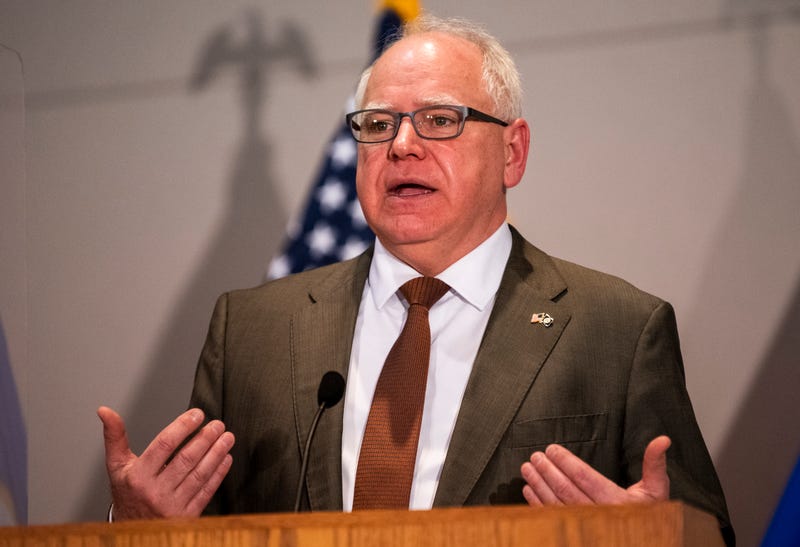
Property managers and housing providers with the Minnesota Multi-Housing Association are suing to end Governor Tim Walz’s lease termination and eviction moratorium to help neighbors feel safer and ensure properties can be managed for residents’ quiet enjoyment.
The group claims that over the past year some residents have taken advantage of the Governor’s moratorium. “The fact is that the Governor implemented the eviction moratorium, and he can end it – but he hasn’t done so,” MHA CEO, Cecil Smith said. “We have been overly patient, and our residents and the housing providers of Minnesota cannot wait any longer. We have to seek relief from the court.”
He said the Courts and the Governor have not been willing to help residents affected by abusive behavior, drug use, and other violations of leases that harm other residents or make life challenging for the law-abiding neighbors in apartments and nearby homes.
As a result, he claims that property managers and housing providers have not been able to provide residents some of the “obligations to their tenants, including a duty to maintain the property and common areas to a certain standard, and to make and keep the property safe and habitable for residents.”
Only 14 states still have an eviction moratorium, and since EO 20-79 was commenced solely and only by Governor Tim Walz, Smith says he should act and lift it. If Minnesota’s eviction moratorium is lifted, the CDC Order would bar evictions for non-payment when the resident meets the criteria to be considered a “Covered Person” under that order.
Smith says the challenge has been magnified by the woeful rollout of rental assistance over the past eight weeks. Minnesota Housing has failed to resolve massive problems with the program.
Key excerpts from the suit:
· Minnesota’s eviction moratorium, Executive Order 20-79 (“EO 20-79”), unconstitutionally interferes with the contract rights of tenants and property owners by effectively prohibiting those owners from removing tenants who are dangerous, destructive, or have harassed or intimidated other renters.
· EO 20-79 also makes it all but impossible for property owners to comply with their statutory obligations to provide clean and safe spaces for their residents—a problem that has led to tenant complaints, calls to the police, and loss of rental income from tenants that move out rather than endure harassment by their neighbors.
· Without the ability to remove such tenants Minnesota property owners and managers are helpless to respond to the complaints of their renters. This has led to widespread anger and frustration with property owners and managers who are legally prohibited from taking the actions that their renters are demanding: to make their living spaces safe.
· The eviction moratorium was initially implemented as a result of the unprecedented public health crisis presented by the COVID-19 pandemic. The rationale for barring evictions was, as explained by Governor Walz, to limit the number of people that may lose housing and be required to move in with other people or stay in homeless shelters. Specifically, Governor Walz stated that “[p]ublic health and safety are promoted by stabilizing households which, through no fault of their own, may suddenly have the inability to afford rent.”
· This policy has at least two glaring flaws: it does not define what “seriously endangers” or “significant” damage means, and it fails to require any nexus between stopping the payment of rent and financial hardship connected to the pandemic.
· Minnesota’s COVID-19 restrictions have also changed: in fact, they have practically all been lifted. Yet the prohibition on removing tenants that are violating the material terms of their lease and rental agreements remains.

